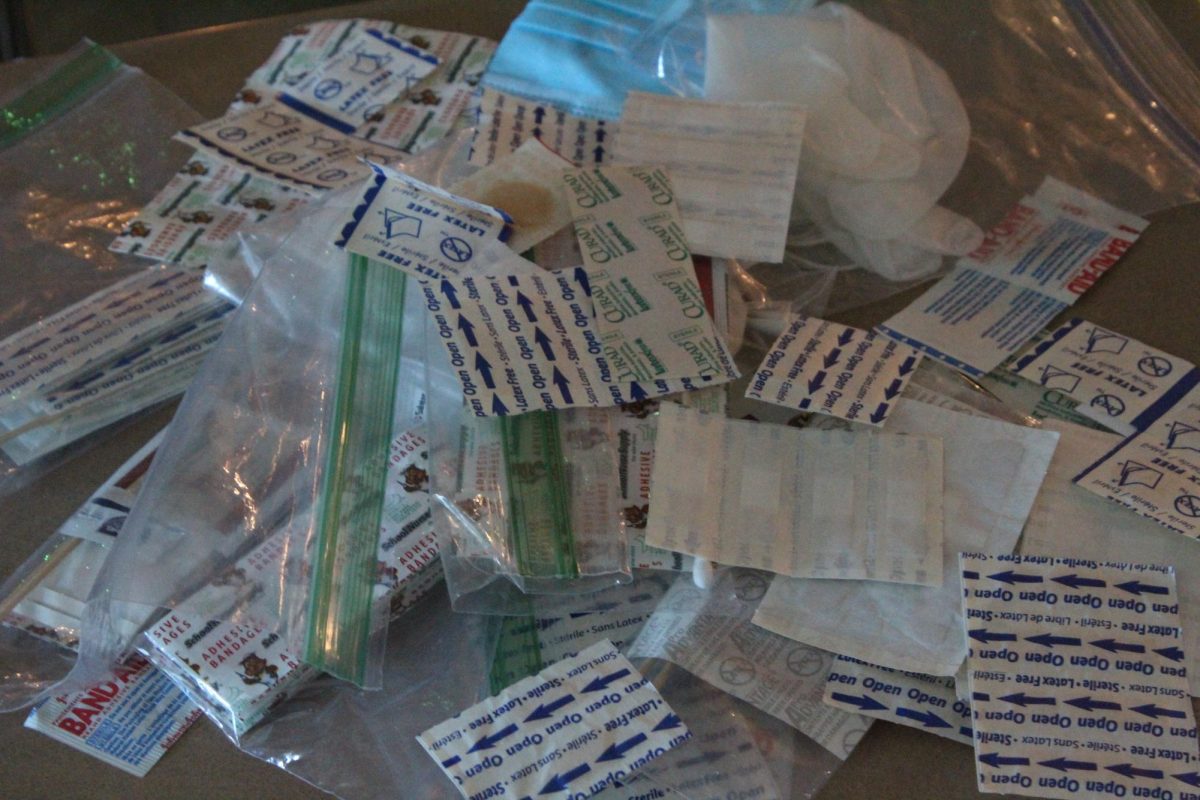In the absence of phones at school this year, more students are playing games on their Chromebooks.
“If [the district] wants to stop [the games] they can,” science teacher Travis White said. “In terms of, like, anything that’s based off a website, they can decide that this website or that website is accessible.”
White said he would rather students play an actual board game together like chess if they finish an assignment early and want to stimulate their brain.
“If they’re making As and they want to go learn how to plan ahead via a game like chess or Wai Chi or something like that, I’d rather that they were actually playing on a board in the classroom and not a computer,” White said.
Behavior intervention teacher Quezarrah Olson said the amount of students she has caught playing games has gone up 50% this year.
“I usually catch two or three kids on unblocked games or shooter games,” Olson said. “I think they’re using [ads] as clickbait because the games are free.”
These games allow cookies which track user information such as the users search history along with possible malware in some of the games and viruses in some of the sites.
“They could be introducing all kinds of malware,” Olson said. “There’s a lot of worms when they tap into your email and they can get contacts and send out more malware.”
Behavior intervention paraprofessional Laura Cowen said students are missing content because they are playing games during lessons.
“Unfortunately it’s sad because their grades are dropping,” Cowen said. “They’re not getting the information that’s needed for their classes.”
Junior Jinx Curlee said playing games on their Chromebook when they finish an assignment helps them through the day.
“When I have finished my work but feel a bit overwhelmed, I play a quick game on my Chromebook which relaxes me enough to do better in my next class,” Curlee said.







